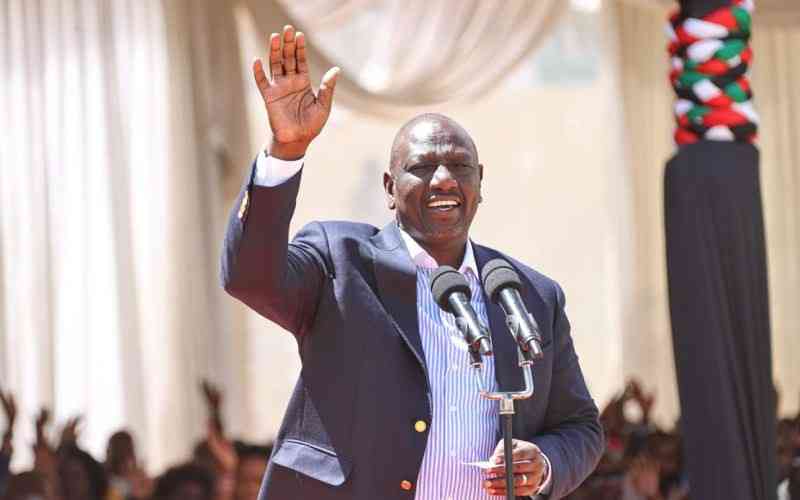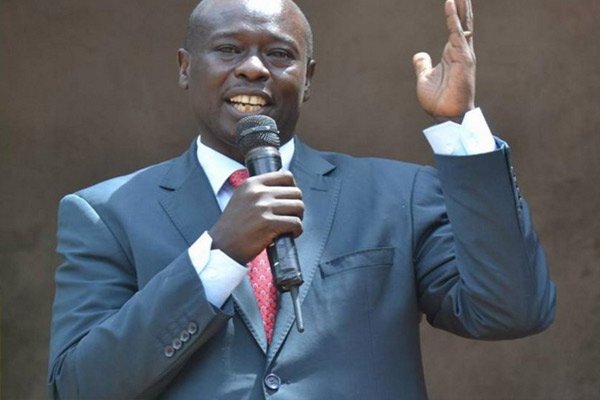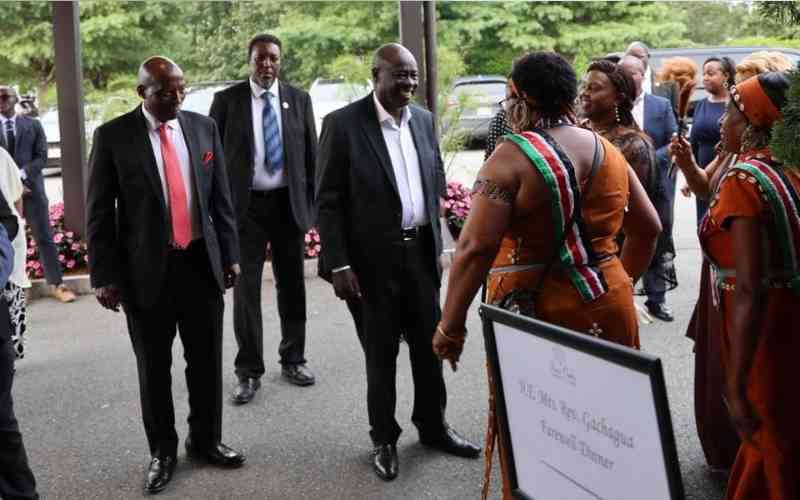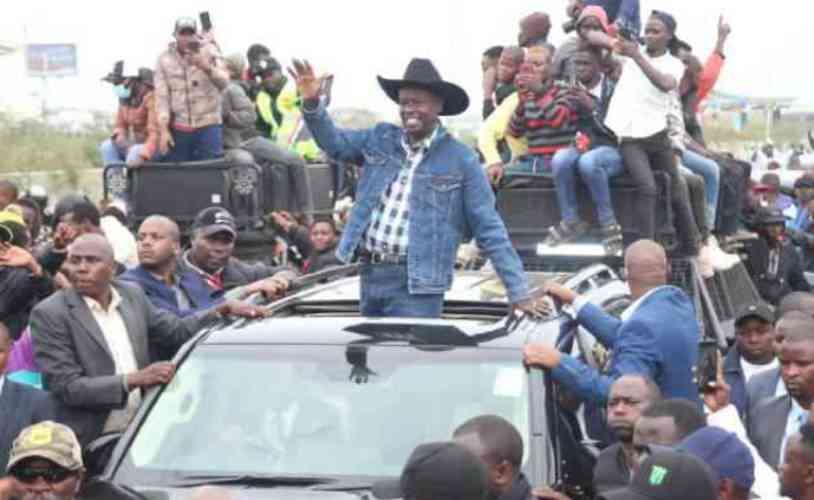Ruto's Shocking Bribe Allegations Rock Parliament: Will MPs Face the Music?
)
President William Ruto has issued a strong warning against corruption within parliamentary committees, specifically targeting what he termed "Soko Huru" (free market) – a cynical marketplace for bribes where legislative processes are allegedly for sale. Speaking at a Kenya Kwanza-ODM joint parliamentary group meeting in Karen, President Ruto declared an end to this culture of extortion, vowing that those implicated, both givers and receivers of bribes, would face arrest rather than mere public shaming. This unscripted address to members of both the Kenya Kwanza and Azimio coalitions on Monday, August 18, 2025, underscored his deep concern that pervasive corruption was crippling the nation's progress and destroying the credibility of Parliament.
The President directly questioned the purpose of certain roles within parliamentary committees, linking them explicitly to illicit activities. He rhetorically asked about the "chairman of welfare in committees," then asserted, to applause, that their job was "Extortion. That's it." To substantiate his claims, President Ruto cited alarming examples derived from intelligence. He questioned how an official facing Senate oversight could allegedly raise Sh150 million to influence a decision, stressing that such funds belonged to the public. He also directly challenged assembled Members of Parliament, alleging that a few members of a committee had collected Sh10 million to pass the Anti-Money Laundering Bill, emphasizing that illicit funds rarely benefit the entire house but are instead pocketed by a select few individuals. These strong remarks echoed earlier statements he made at the Devolution Conference in Homa Bay on Wednesday, August 13, where he accused lawmakers of demanding bribes from Executive members, including Cabinet Secretaries and Governors, to sway decisions.
While his threats of arrest dominated headlines, the core of President Ruto's speech was a passionate appeal for bipartisan support to implement tough but necessary reforms across key sectors. The joint parliamentary meeting was convened to foster national unity and secure bipartisan backing for the government's development agenda. President Ruto lauded opposition leader Raila Odinga for his courage in fostering national unity, framing their collaboration as a pivotal moment requiring statesmanship over mere politics. He highlighted that the manifestos of Kenya Kwanza and Azimio were nearly 70% aligned, yet political stalemates had prevented the implementation of mutually agreed-upon solutions.
Central to his vision is the aggressive implementation of the affordable housing program, which he presented as a bipartisan project rooted in both coalitions' manifestos. He urged legislators to embrace this initiative, emphasizing its early successes in job creation and urban transformation, and positing that early implementation could have led Kenya to development levels comparable to Singapore. On agriculture, President Ruto made a bold promise regarding the sugar sector, which has historically suffered from mismanagement, declaring that Kenya would become a net exporter of sugar within two to three years, attributing this potential success to unified political will that allowed the government to address "crooks" in the industry.
Addressing national debt concerns, President Ruto detailed a significant policy shift: future mega-infrastructure projects, such as the road to Mau Summit and the standard gauge railway extension from Naivasha to Malaba, would be funded through Public-Private Partnerships (PPPs) rather than accumulating new debt, learning from the massive debt incurred in previous railway phases. Furthermore, he emphasized investing in youth, highlighting the government's annual Sh650 billion expenditure on education and calling on MPs to utilize their NG-CDF resources to establish ICT hubs in every constituency, aiming to create digital jobs and prevent graduate unemployment.
In response to the President's allegations, Senate Accounts Committee Chairperson Moses Kajwang’, joined by other senators including Jones Mwaruma, Edwin Sifuna, Enock Wambua, and Samson Cherargei, publicly challenged House speakers to summon President Ruto to provide evidence on his claims of extortion in Parliament. Meeting at Bunge Towers on Tuesday, August 19, the senators invoked Article 125 of the Constitution, which empowers Parliament and its committees to summon any person for evidence. Senator Cherargei affirmed that "No one is exempt from the law to appear before both Houses or committees," including the President in potential impeachment proceedings. Senator Sifuna criticized governors for allegedly using the recent Devolution Conference to attack senators. Meanwhile, former Prime Minister Raila Odinga weighed in, questioning the Senate’s oversight of counties, arguing that county governments should be overseen by county assemblies, not by the Senate summoning governors to Nairobi. These exchanges have intensified the political debate surrounding legislative integrity and accountability.
You may also like...
2026 Jeep Cherokee Unveiled: Specs, Price, and Heritage Revival Spark Debate

Jeep re-enters the compact SUV market with the all-new 2026 Cherokee Hybrid, boasting a boxy XJ-inspired design and an e...
Mercedes-AMG GT XX Shatters EV Record, Dares Tesla to Catch Up

Mercedes-AMG's Concept AMG GT XX shattered 25 electric vehicle records during an ultramarathon run at Nardò, covering th...
Tornado Cash Trial Concludes with Guilty Verdict, Crypto Community Seeks Answers
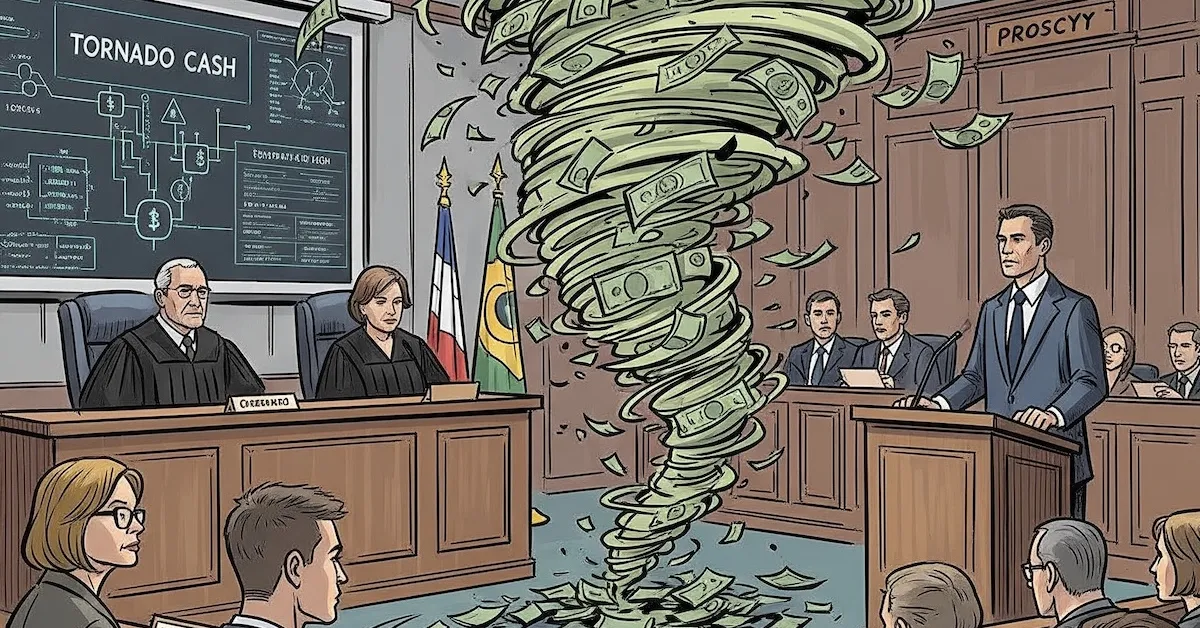
The Tornado Cash trial has concluded with co-founder Roman Storm found guilty of conspiracy to operate an unlicensed mon...
Ethereum Skyrockets to New All-Time High, Legendary Trader Calls It 'Powerful'
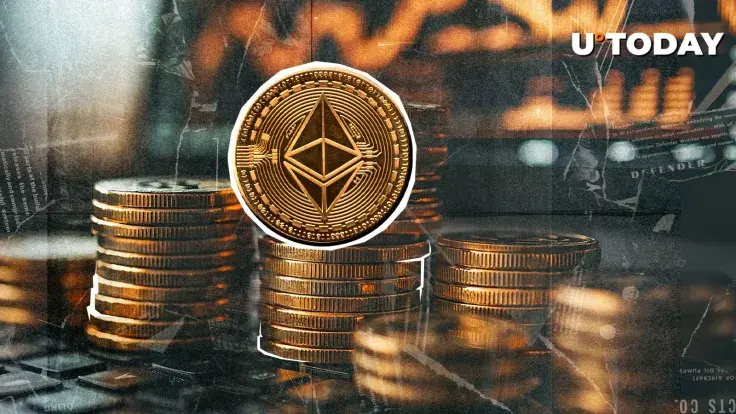
Ethereum (ETH) has soared to a new historic peak of $4,885, marking its first all-time high in nearly four years, follow...
AI's Untamed Momentum: Nvidia's Explosive Growth & Future Outlook

AI chipmaker Nvidia's third-quarter revenue forecast surpassed Wall Street estimates, driven by strong demand for its ch...
Trade War Escalates: India Reacts to Crushing US Tariffs on Exports

India is responding to new US tariffs that will affect 55% of its merchandise exports by implementing national strategie...
Thai-Cambodian Border Boiling Point: Fake News, Assassination Plots, and Land Disputes Fueling Tensions

Tensions persist along the Thai-Cambodian border, fueled by accusations of assassination plots, alleged landmine deploym...
Shockwave in Equatorial Guinea: President's Nephew Jailed in Sex Tape Embezzlement Scandal
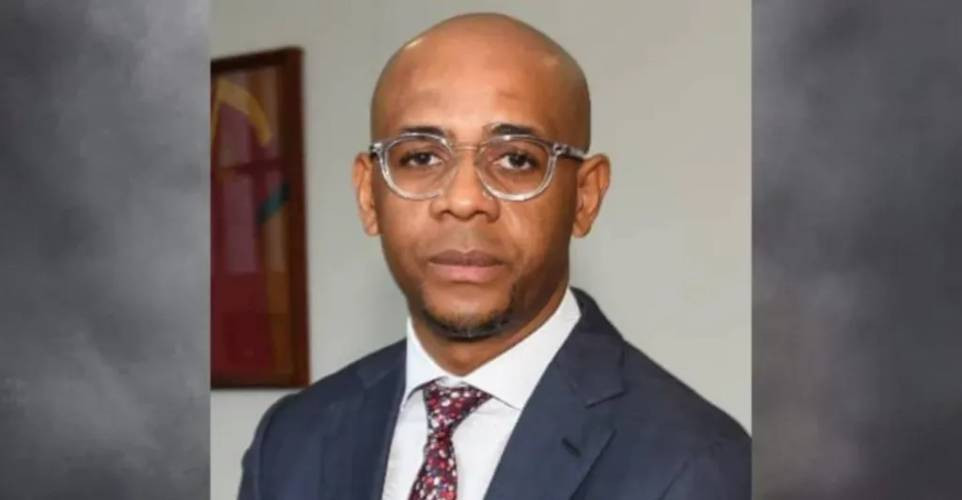
Equatorial Guinea's former financial investigation agency head, Baltasar Ebang Engonga, has been sentenced to eight year...
